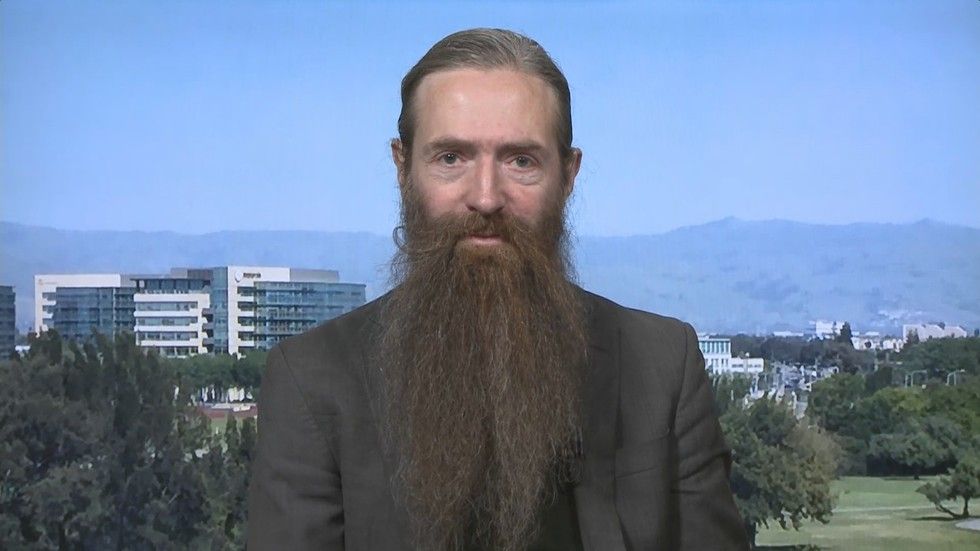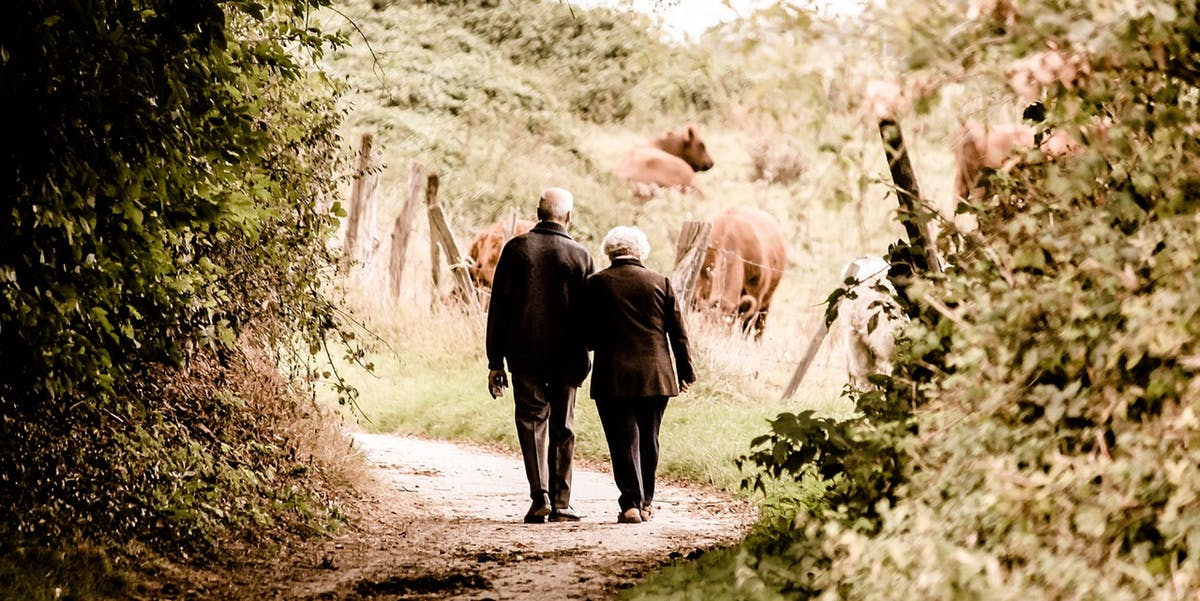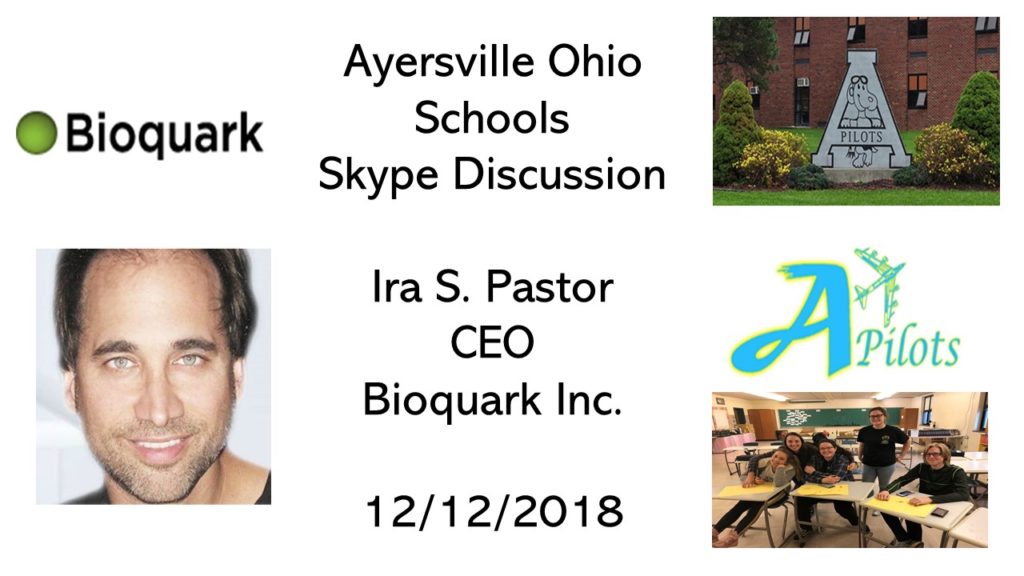Thanks to Authority Magazine and Fotis Georgiadis for the interview — Bioquark inc. (http://www.bioquark.com) — Regeneration, Disease Reversion, Age Rejuvenation — https://medium.com/authority-magazine/the-future-is-now-we-a…cc6dc8ebf1


Thanks to Authority Magazine and Fotis Georgiadis for the interview — Bioquark inc. (http://www.bioquark.com) — Regeneration, Disease Reversion, Age Rejuvenation — https://medium.com/authority-magazine/the-future-is-now-we-a…cc6dc8ebf1

BEIJING, Dec. 28 (Xinhua) — A Chinese research group has identified a gene variant that plays a key role in the development of Alzheimer’s disease in Han Chinese, the largest ethnic group in China.
The study was recently published by the National Science Review, an English journal affiliated with the Chinese Academy of Sciences (CAS).
Alzheimer’s disease (AD) is an irreversible, progressive brain disorder that slowly destroys memory, thinking skills and the ability to carry out simple tasks. The disease affects about 48 million people worldwide, and the number is expected to increase with the aging population. There is no effective cure.

There has been considerable interest in fisetin recently, especially for its potential as a senolytic, which clears away dysfunctional senescent cells that accumulate with aging. Researchers believe that fisetin may be useful in increasing the healthy period of life known as healthspan.
What is Fisetin?
Fisetin is a naturally occurring flavonol and part of the flavonoid family of polyphenols. Fisetin also acts as a pigment and influences the color of various fruits and vegetables. It can be found in many common fruits and vegetables, although the amounts greatly vary.

Merry Christmas
Is the Fountain of Youth still just a dream, or does hope spring eternal when it comes to beating the curse of aging? Having haunted us for centuries, is a solution finally within our grasp? We spoke to Dr Aubrey de Grey, anti-aging pioneer, chief science officer, and co-founder of SENS Research Foundation.
Follow @SophieCo_RT
Sophie Shevardnadze: Dr. Aubrey de Grey, anti-aging pioneer, chief science officer and co-founder of SENS Research Foundation, welcome to the show, great to have you with us. So what you propose in order to reverse aging is cleaning the organism of all the junk that accumulates there on the cellular level. Tell me the gist of it – why will that stop the wearing of time on my organs?
Aubrey de Grey: Well, it’s not quite that simple. What we propose is that we can keep people healthy late in life by repairing all of the damage that the body does to itself throughout life in the cause of its normal operation. And some of that damage is of the sort that you’ve just described, essentially, the accumulation of waste products both inside cells and also in the spaces between cells. But some of this is not quite like that. For example, sometimes simply we have too many of a particular bad type of cell that is misbehaving, or, in other cases, we don’t have enough cells of a particular good type. Cells die, and they are not necessarily replaced automatically by the division of other cells. Furthermore, there is damage to the structure, the kind of lattice of proteins that holds the body together, which is called the extra-cellular matrix. So, as you can see, there are many different types of damage, and we have to fix them all.
I was in a really interesting 1-hour debate yesterday with Jean-Francois Gariépy who runs a well-known YouTube channel The Public Space, sometimes associated with the Alt-Right. We discussed #transhumanism. I think the debate caught a lot of people by surprise. While I believe in and embrace total diversity, I despise the oppression of human biology and death, and advocate for any means possible to overcome it—including genetic modification and merging with machines. The debate makes me look like the aggressor. But it only proves what I’ve always said, that issues of race and traditional cultural bigotry are minor compared to the issues of humanity battling aging and death itself. All of us are currently in a war to not die:
An important debate on whether or not humanity should play with their own genes. Guest: Zoltan Istvan, transhumanist.
Zoltan on Twitter: https://twitter.com/zoltan_istvan
Zoltan on the Web: http://www.zoltanistvan.com/
The Transhumanist Wager by Zoltan Istvan: http://www.zoltanistvan.com/TranshumanistWager.html
JF’s book, The Revolutionary Phenotype, is out!
Ok, the new version of my global risk prevention map is up (pdf link is in comments) and now it is accompanied by recently the published article “Approaches to the Prevention of Global Catastrophic Risks.”
Abstract: Many global catastrophic and existential risks (X-risks) threaten the existence of humankind. There are also many ideas for their prevention, but the meta-problem is that these ideas are not structured. This lack of structure means it is not easy to choose the right plan(s) or to implement them in the correct order. I suggest using a “Plan A, Plan B” model, which has shown its effectiveness in planning actions in unpredictable environments. In this approach, Plan B is a backup option, implemented if Plan A fails. In the case of global risks, Plan A is intended to prevent a catastrophe and Plan B to survive it, if it is not avoided. Each plan has similar stages: analysis, planning, funding, low-level realization and high-level realization. Two variables—plans and stages—provide an effective basis for classification of all possible X-risks prevention methods in the form of a two-dimensional map, allowing the choice of optimal paths for human survival. I have created a framework for estimating the utility of various prevention methods based on their probability of success, the chances that they will be realized in time, their opportunity cost, and their risk. I also distinguish between top-down and bottom-up approaches.

New program coming on-line at Bioquark Inc. (www.bioquark.com) — Ectocrine interactions (the“Ectocrinome”) represents a completely unexplored area related to human health
https://www.prweb.com/releases/bioquark_inc_and_ectocrine_te…004155.htm


Happy holidays! The winter break is here, and LEAF too will shift to a lower gear for a little while, but on the plus side, our readers get the Rejuvenation Roundup early! Before we leave you to unwrapping presents and having dinner with the family, let’s recap what has been going on in the field of rejuvenation during the last month of the year.

Had a great time with my regenerative biology Q&A session with Ayersville (Ohio, USA) Schools 2nd graders and high school advanced anatomy class — so happy to see kids out there that are interested in these topics at such a young age — creating the future, one mind at a time — https://www.youtube.com/watch?v=2_uu9f7nafc